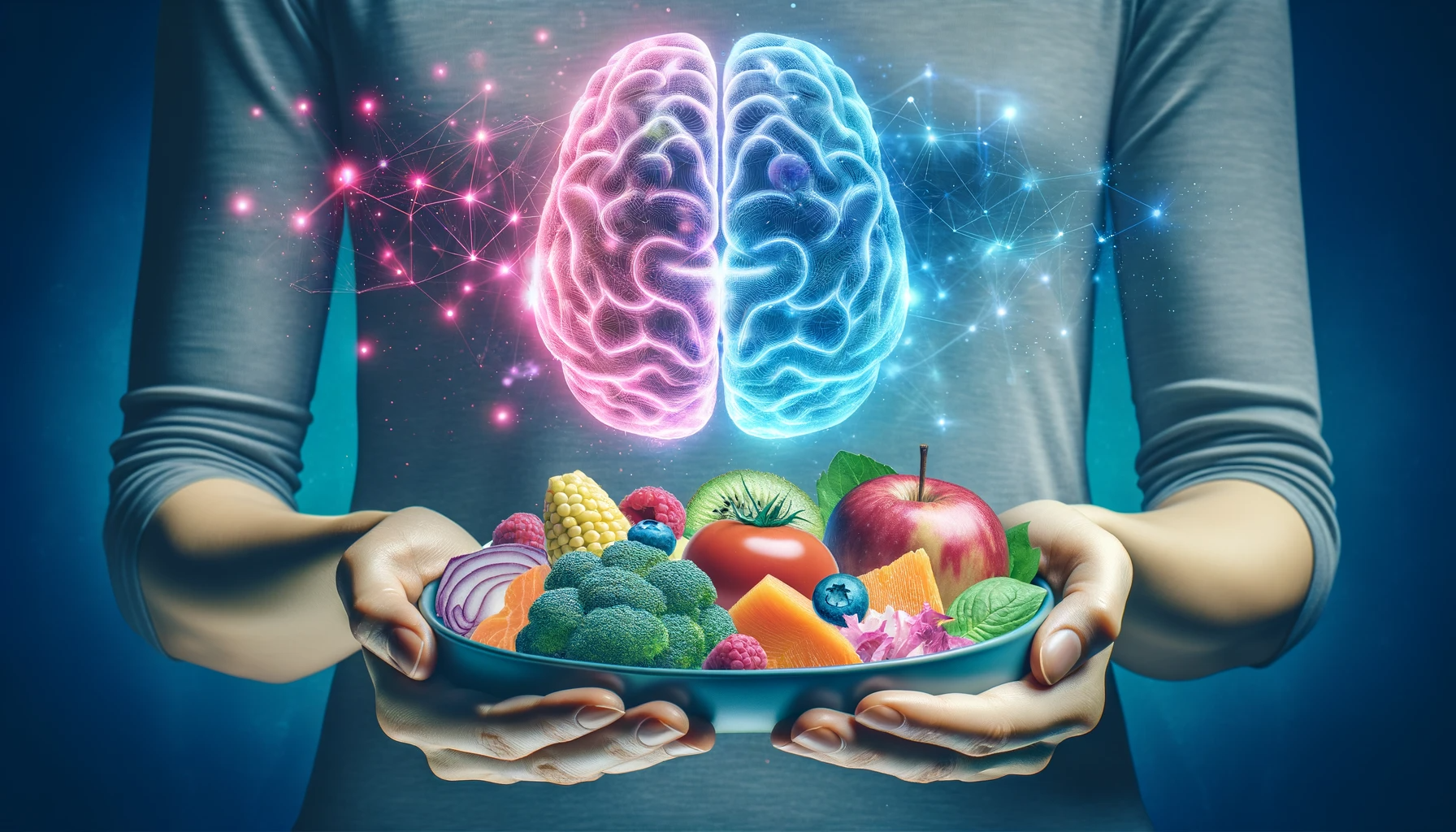Every vitamin, mineral, and vital nutrient has some important part to perform in the metabolism and general condition of our body! One such a vital mineral for human health is iron! Iron helps us in many different ways, and its absence might be easily missed as plain tiredness and weariness! Apart from anemia, especially in women, a lack of iron could interfere with all other vital processes! In the metabolism of proteins, the synthesis of enzymes, hemoglobin, and red blood cells, iron is indispensable! Lowered RBC levels resulting from inadequate iron levels might cause tissues and organs in your body to have reduced rate of oxygenation! A proper diet of iron shows in your healthy skin, hair, and general strengthened immune! Read on to learn more about the main iron advantages and how you can ensure sufficient intake of this mineral!
Iron's Advantages For The Skin
1. Provides Your Skin with Natural Glow

The most often occurring symptoms of iron deficiency-induced anemia include pale skin and black rings. Lack of iron lowers hemoglobin levels, which therefore causes RBC count to drop. Your skin may seem sallow and lose color from the lower oxygen supply. A good daily dosage of meals high in iron can give your complexion a rosy hue.
2. Quickens Wound Healing
Furthermore crucial for accelerating the healing process of wounds is iron. It facilitates the synthesis of RBCs, the most important component of hemoglobin that carries oxygen all across the body. Wound healing cannot occur without the necessary oxygen (that also contains other nutrients). The next time, you know what to do about healing those terrible cuts!
3. Contests Against Hair Loss
According to a European Journal of Dermatology research, iron shortage might cause women to lose too much hair. Particularly in non-menopausal women, the study found that low iron reserves (ferritin) hasten hair fall rate. Iron also increases the passage of oxygen and nutrients to the hair roots and scalp, therefore reducing dullness and improving hair texture.
4. Gives You Energy
Iron carries oxygen for the body and delivers it to the muscles and the brain, thereby enhancing physical performance and mental clarity. Low iron levels in the body can cause one to be lethargic, irritable, and inattensive. According to a University of Melbourne research, iron supplements boost women's exercise performance.
5. Increases Appetite
Iron supplements raised children's appetite and development, according a research published in The Journal of Nutrition on Kenyan primary schoolchildren.
6. Aids for Muscle Functio
Moreover rather crucial for better muscular condition is iron. It helps myoglobin, a muscle protein, carry oxygen from hemoglobin and stores it in the muscle cells. It therefore aids in muscular contraction.
7. Helps Development Of The Brain

New moms have to make sure their children eat a diet high in iron to guarantee proper brain development. Studies from the Seminaries in Pediatric Neurology show that newborns with iron deficiency anemia have inferior cognitive ability, motor, social-emotional, and neurophysiological development than those who are not. The study so underlines the need of avoiding iron shortage for better brain performance.
8. Guarantees A Successful Pregnancy
Pregnant women should boost their consumption of iron from dietary sources or supplements, said doctors. According to a Cochrane Database of Systematic Reviews analysis, iron prenatal supplementation reduces mother anemia during pregnancy and helps lessen the risk of low birth weight. Pregnant ladies should get 27 milligrammes of iron daily. Foods high in vitamin C, like orange, grapefruit, and tomato juice, help iron pills be most absorbed.
9. Strengthens Immunity
Iron's capacity to strengthen immunity adds even another amazing health advantage. The Linus Pauling Institute claims that iron is quite helpful for several immune system tasks including the differentiation and proliferation of T cells and the synthesis of reactive oxygen species against diseases.
10. Releases Restless Leg Syndrome
A neurological movement disease, restless leg syndrome (RLS) causes a constant need to move the legs. At repose, these feelings are more strong and thereby lead to disrupted sleep. According to a research by Age and Aging, RLS in the elderly might be triggered by iron (with or without anemia) shortage. Iron pills can therefore help to reduce its effects.
11. Provides Relief from Symptoms Related to Premenstruation
Studies point to a high iron consumption helping with premenstruation symptoms like dizziness, mood swings, hypertension, etc. Studies by the University of Massachusetts at Amherst show that women who enjoy an iron-rich diet have 30 to 40 percent reduced risk of PMS than those who eat less iron. You may also read this: Delicious Plant-Based Recipes to Try
Deficiency in Iron
These are some of the main hazards connected to iron deficiency:

1. Anemia
The most risk connected to the mineral shortage is anemia. This illness shows symptoms like tiredness, lack of energy, faintness, physical weakness, headaches, and increased susceptibility to cold temperatures. Along with numerous health issues including low blood pressure, renal failure, leukemia, muscular spasms, colon cancer, etc., it can also lead to
Vlogger Stephanie shared in her video her challenging battle with anemia. She remarked, "I developed really severe headaches. I hardly could fall asleep at all. I dropped a shockingly lot of weight—ⅰ.
According to a 2,141 patient research, baseline iron deficit prevalence was 26.8%. Of individuals (120/2141), 5.6% used iron supplements and 6.5% suffered with anemia (140/2141). Out of the 210 males lacking iron, just 9.1% (19) were anemic; among the 363 women, 12.1% (44) were anemic. The study also implies that since more people in the population aged 80 years or more have iron insufficiency, the risk of iron deficiency rises with age.
2. Lead Hazard
Furthermore increasing children's risk of lead poisoning is iron shortage. High iron consumption and appropriate iron reserves can reduce children's risk of lead poisoning, according a research by the Science of the Total Environment.
Other issues connected to iron shortage include impaired immunity, pregnancy troubles, lowered sperm, emotional disorders, joint discomfort, cerebral disabilities in youngsters, etc.
Too High Iron Consumption Risks
Even if iron is rather vital for our body, too much of it may also be quite harmful. The negative consequences of an iron overdose follow:

1. Raised Cardiovascular Disease Risk
Cardiovascular health can be much influenced by iron levels. Red meat's heme iron content raises 57% (14) the risk of coronary heart disease, according a study by Indiana University. The research shows that non-heme iron has no effect on heart disease risk. You should so pay close attention to restrict your intake of iron from heme sources.
2. Extreme Cancer Incidence
Additionally raising a chance of malignancies including colorectal, colon, and liver cancer is high iron consumption. Iron was linked, according a Cancer Epidemiology, Biomarkers, and Prevention study, to a higher colorectal cancer susceptibility. To avoid cancer, you should thus keep an eye on your iron levels.
3. Gastrointestinal Problems: Occurrence
Doctors everywhere advise those with iron shortage to take iron supplements. These supplements could, however, lead to digestive disorders like black stools, constipation, nausea, and diarrhea. See your doctor about strategies to reduce these symptoms.
4. Great Risk of Neurodegenerative Diseases
Although iron is necessary for better brain performance, an overabundance of iron might make your brain vulnerable to more oxidative damage. It can therefore help to increase the elderly's risk of neurological diseases such Parkinson's disease and Alzheimer's syndrome.
5. Type-2 Diabetes Susceptibility
Heme iron is also linked, according another American Diabetes Association research, to higher risk of type-2 diabetes in women.
6. Enhanced Vulnerability to Premature Skin Aging
Many sources claim that iron stops early skin aging. Still, this argument cannot be more far from the reality. According to studies published in Aging Research Reviews, an iron overload can boost the synthesis of harmful hydroxyl radicals, therefore causing oxidative damage that damages skin aging process directly.




